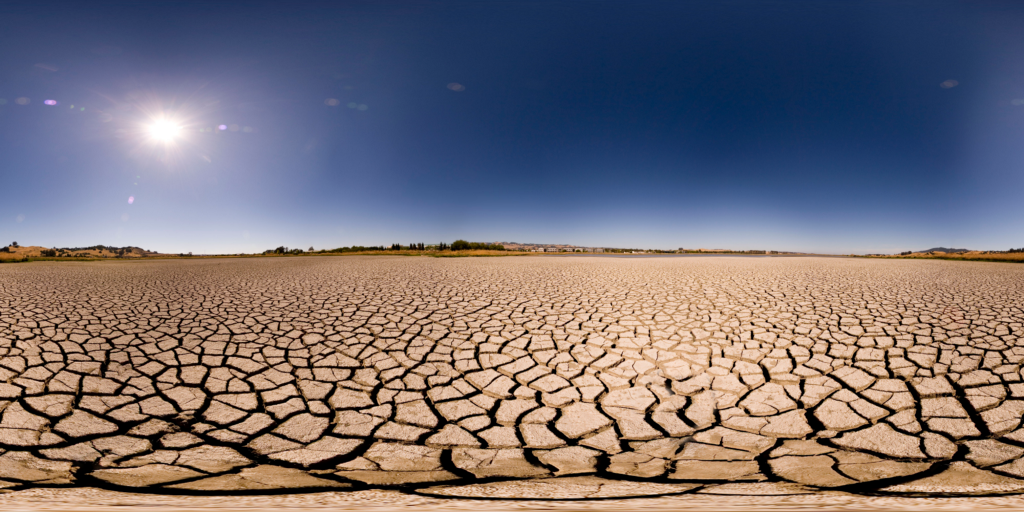The New York Times reports that Africa is losing fertile farmland to growing population, overproduction and drought.
By 2045, population growth and climate change are likely to exacerbate the competition for scarce resources. Water scarcity could be a key driver of conflict — basins that cross national boundaries account for 90% of Africa’s surface water (the Congo Basin alone spans 10 countries).
In the next three years, desertification is expected to send more than 60 million people from sub-Saharan Africa to North Africa and Europe, many dying along the way.
The Great Green Wall could reduce that number. The $8 billion effort is a “wall” only in the sense that it is intended to keep desertification of sub-Saharan Africa at bay by restoring degraded land, boosting food security and supporting local communities in adapting to climate change.
Supported by the World Bank, the European Union, international donors and development organizations, the planned belt would stretch around 4,000 miles from the Senegal to Djibouti, in an attempt to keep the Sahara from expanding. Originally envisioned as a wall of trees on the edge of the desert, the “wall” is now a collection of projects that together attempt to combat desertification.
Sustainable Development Goal №15 calls for “land-degradation neutrality” by 2030, by combating desertification, and restoring degraded land and soil, including land affected by desertification.
A recent symposium in Ouagadougou, Burkina Faso, called for partnerships to create two million land-based jobs through the rehabilitation of 10 million hectares of degraded land.
“Imagine what could happen if each of you committed to rehabilitate 100,000 hectares of land in your respective countries,” said Monique Barbut, executive secretary of the UN Convention to Combat Desertification, “…if young people in Africa were given the chance to bring that natural capital back to life and into production.”











